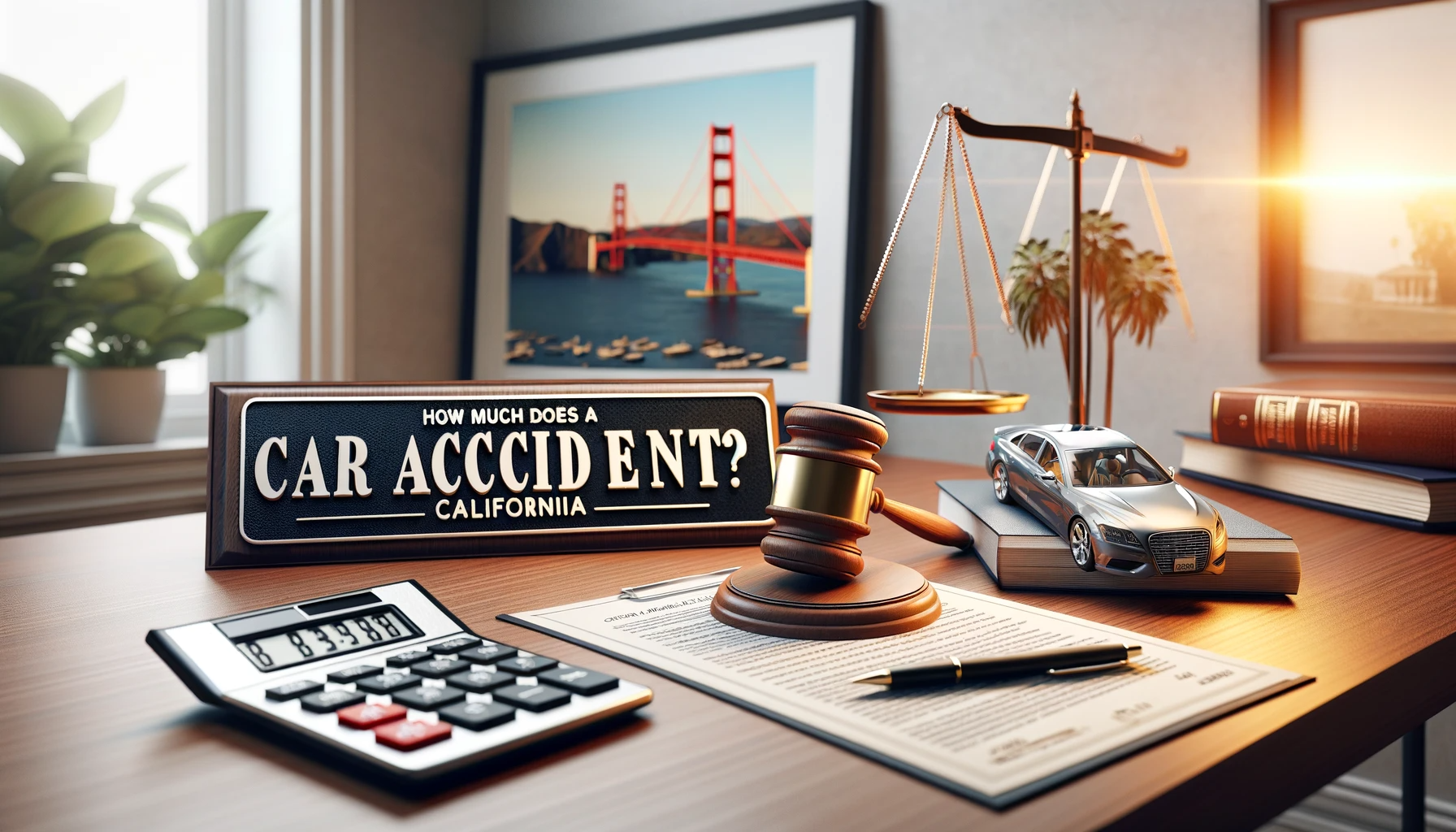[vc_row][vc_column][vc_single_image image="2326" img_size="full"][/vc_column][/vc_row][vc_row][vc_column][vc_column_text]
Solving Mysteries in Personal Injury Cases using Metadata
A popular "guilty pleasure" many people have is watching one (or more) of the many forensic television shows available. Not only are the shows entertaining but they can also be informative, especially episodes that show how social media and metadata can aide in solving a case. As the world increasingly becomes a digital playground, the Miranda rights might need to be updated to include “anything that you might have shared or said online can be used against you in the court of law”. Personal injury attorneys often advise against posting any information about your case online, for good reason. Metadata Plays a Role in Personal Injury Cases Personal information and metadata is often gathered from social media accounts, which can be used against plaintiffs in personal injury cases. Metadata can be used to create a location and time stamp for a user’s online activity, including whether or not a driver was posting to social media just before a crash. When obtained correctly, this metadata is now admissible in court. One example of metadata being used during a case occurred in Frangione v. Vandongen et al. In the case, the plaintiff was suing for damages caused during two separate car accidents. The defendant sought to access the plaintiff’s personal computer, as well as material on his Facebook account. The plaintiff was ordered to produce “all material contained on his Faceabook website including any postings, correspondence and photographs up to and including the date that the order was issued.” The submission of this personal information resulted in viable metadata that could be used against the plaintiff. Personal Injury Attorneys Advise Social Media Best Practices While a judge must require a proof of relevancy before a plaintiff can be ordered to submit his or her social media materials, it is important that individuals protect themselves. The following best practices should be implemented at all times:- Once something is posted it is incredibly hard to delete from all corners of the digital world. Consider the permanency before you decide whether to post.
- Private social media accounts are still subject to search.
- All social media transactions are monitored to provide accurate time, date, and location stamps.








